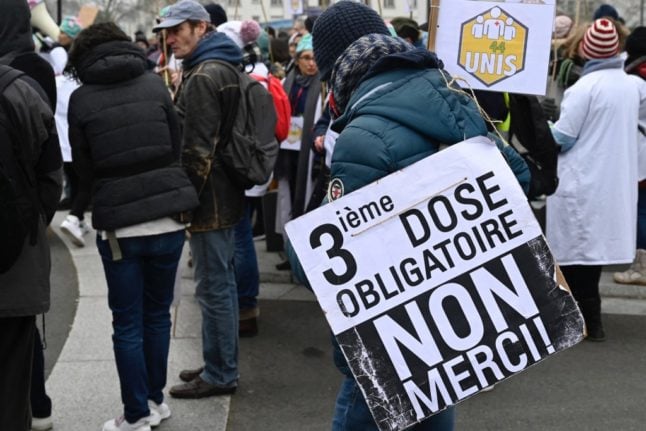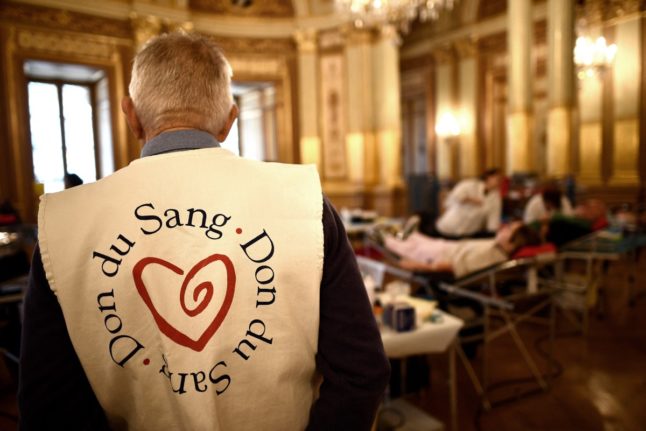France’s Minister of Health, François Braun, announced on Sunday that non-vaccinated healthcare workers and caregivers (les soignants) would be able to return to work starting mid-May.
Braun told the local newspaper in Seine-et-Marne, Le Pays Briard, that “the discussions have taken place, and the plans are ready” for the reintegration of non-vaccinated workers. He told the French newspaper that he would sign the decree “at the beginning of next week”, with implementation to be followed in mid-May.
The suspension of healthcare workers who were not vaccinated against Covid-19 has been in effect since autumn 2021. However, in recent weeks, French health authorities, like the Haute Autorité de santé (HAS), had begun recommending that the vaccine obligation be lifted.
READ MORE: France launches next Covid vaccine booster campaign
On March 30th, the HAS reviewed its previous recommendations and shifted course, advising that vaccination against Covid-19 instead be “strongly recommended” rather than required.
The body also specified that “lifting a vaccination obligation for professionals does not call into question the benefits of being vaccinated”.
The new ruling will impact several thousand healthcare workers who refused to comply with Covid-19 vaccination requirements in 2021. This led to about 4,000 healthcare professionals being suspended, representing about 0.3 percent of the total hospital staff in the country.
The compulsory vaccination of healthcare workers will be the last of the Covid-related rules to be relaxed or scrapped after requirements for a vaccine pass or health pass and compulsory mask rules were dropped in 2022.
Nevertheless, vaccine recommendations remain, particularly for those in high-risk groups. In April, the French health ministry said that new Covid vaccine boosters would be available to vulnerable people, with the vaccine campaign primarily aimed at residents in EHPAD care homes.



 Please whitelist us to continue reading.
Please whitelist us to continue reading.
Member comments